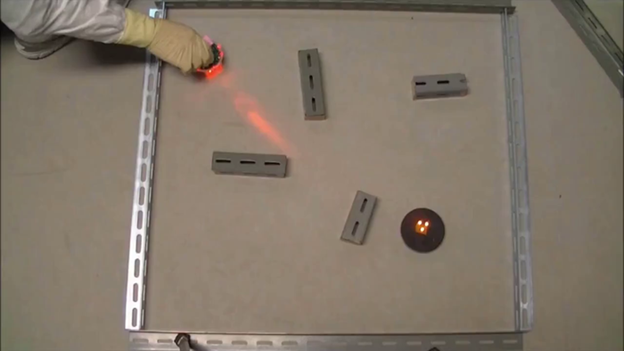
Advances in a technology that makes sense of brain signals, physical reservoir computing, could contribute to creating AI machines that think like us. Just published in Applied Physics Letters, from AIP Publishing, researchers from the University of Tokyo show how a robot could be taught to navigate through a maze by electrically stimulating a culture of brain nerve cells connected to the machine. The cells were grown from living cells and acted as the physical reservoir for the computer to make coherent signals.
The signals tell the robot the internal environment was being maintained within a certain range and acting as a baseline as it moved freely through the maze.
If the robot veered in the wrong direction or faced the wrong way, the neurons were disturbed by an electric impulse. Throughout trials, the robot was continually fed the homeostatic signals until it had successfully solved the maze task.
Using this principle, the researchers show intelligent task-solving abilities can be produced using physical reservoir computers and may lead to the novel development of a neuromorphic computer.
Original Release: Eureka Alert
